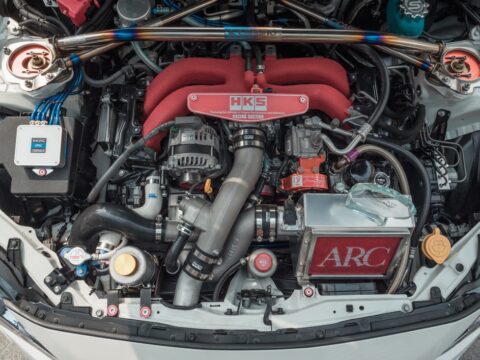Owning a car is a significant investment, and maintaining it properly is key to ensuring its longevity. Unfortunately, many drivers unknowingly engage in behaviors that can significantly reduce their vehicle’s lifespan. We’ll explore 18 risky behaviors that can shorten your car’s life and provide tips on how to avoid them. By making a few simple changes, you can keep your car running smoothly for years to come.
Contents
Ignoring Oil Changes
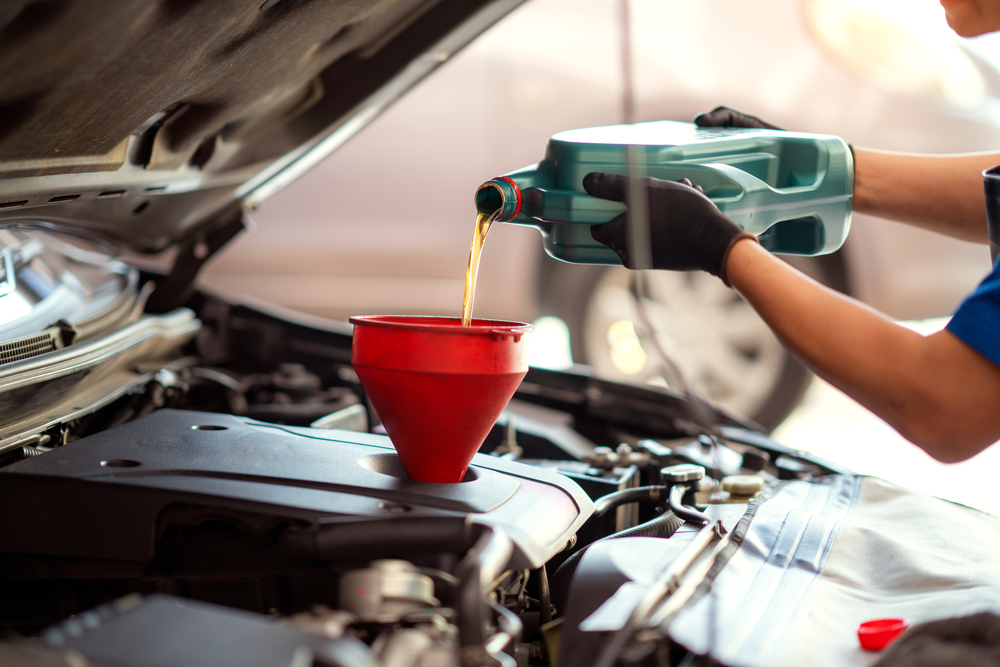
Regular oil changes are essential for maintaining your engine’s health. If you ignore them, dirty oil increases friction and wear on engine components. Over time, this can lead to severe engine damage, reducing your car’s lifespan. Following the manufacturer’s recommended oil change intervals is crucial to keeping your engine running smoothly and efficiently.
Neglecting Tire Maintenance
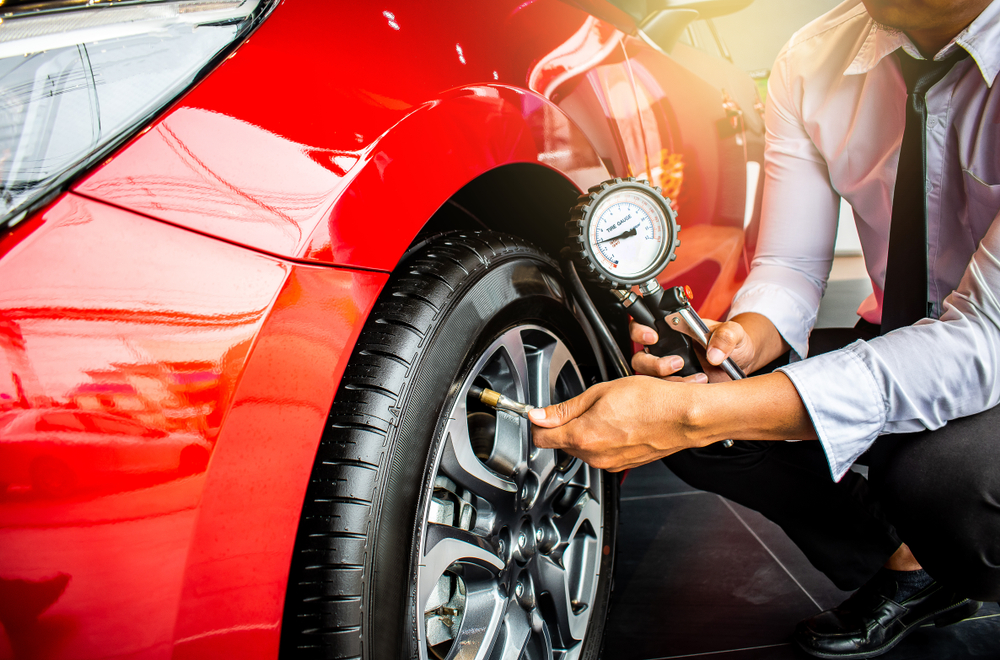
Tires are critical for your vehicle’s safety and performance. Failure to maintain proper tire pressure and rotation can cause uneven wear, blowouts, and reduced fuel efficiency. This neglect not only shortens the life of your tires but also strains suspension components, leading to costly repairs.
Skipping Scheduled Services
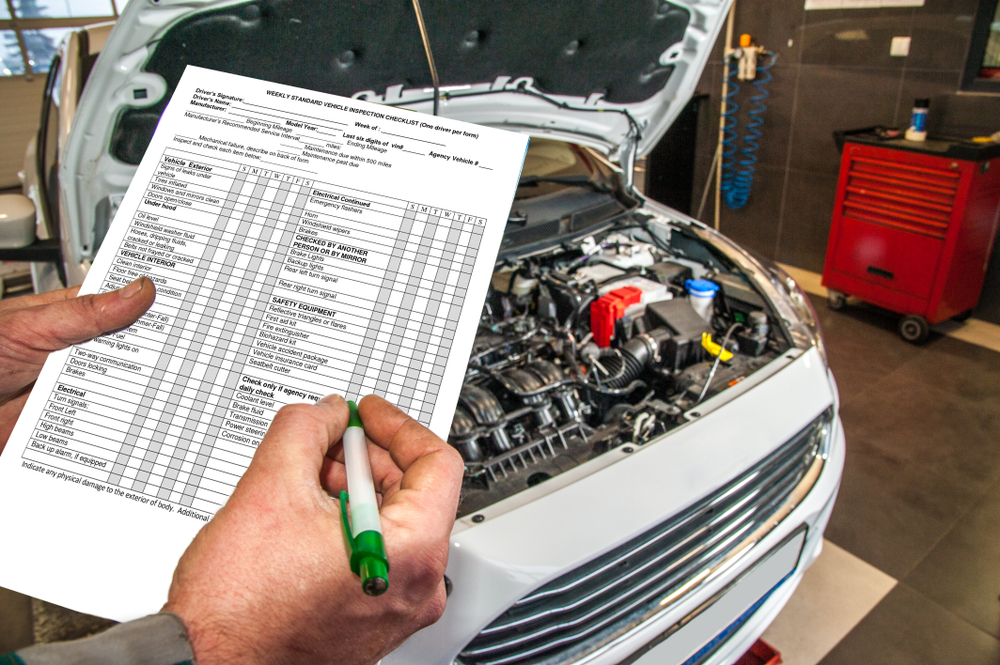
Scheduled maintenance is designed to keep your car in optimal condition. When you skip these services, problems like worn-out brake pads or failing spark plugs can go unnoticed and worsen over time. Adhering to recommended service intervals helps catch issues early, avoiding more significant and expensive repairs.
Using Cheap or Incorrect Fuel

Using the wrong type or low-quality fuel can harm your engine. Some engines require premium fuel, and using regular fuel can lead to knocking, reduced performance, and long-term damage. Cheap fuel may also contain contaminants that clog fuel injectors and filters. To ensure optimal engine health and performance, always use the recommended fuel type.
Driving on Empty
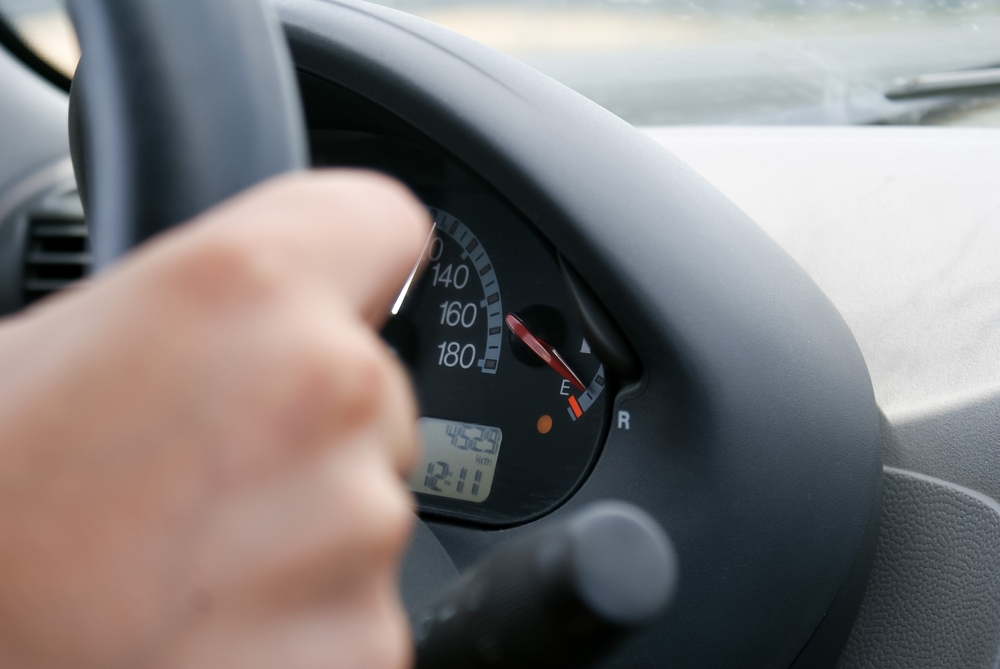
Regularly driving with a near-empty fuel tank can cause sediment from the bottom of the tank to enter the fuel system, leading to clogged filters and injectors. Additionally, it forces the fuel pump to work harder, increasing the risk of overheating and premature failure. Keeping your tank at least a quarter full helps prevent these issues and prolongs the life of your fuel system.
Hard Braking and Acceleration
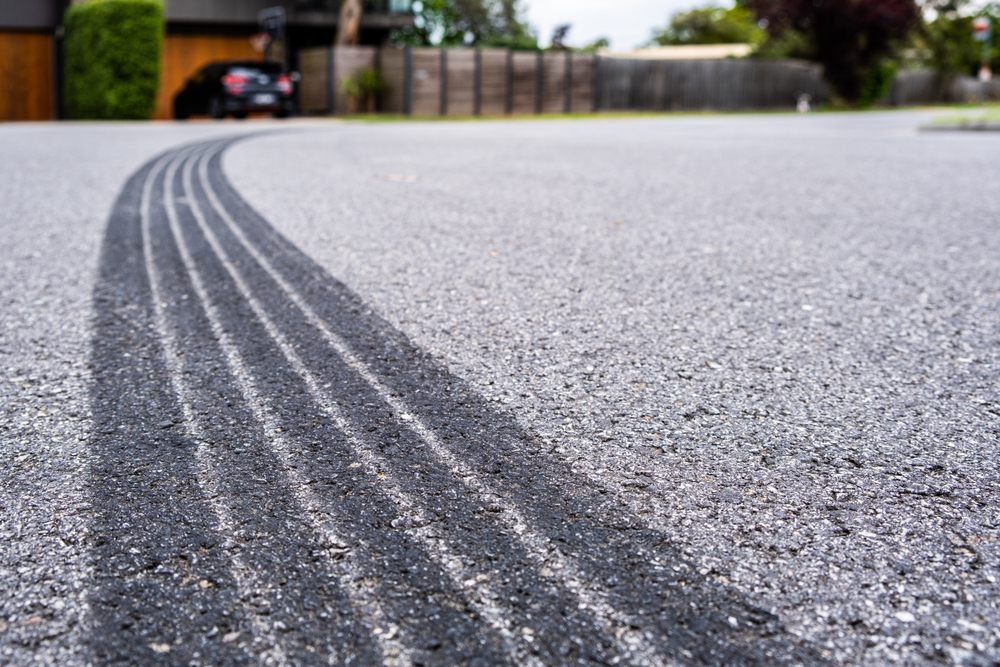
Aggressive driving habits like hard braking and rapid acceleration put significant stress on your vehicle. These behaviors cause premature wear on brakes, tires, and engine components. Additionally, they reduce fuel efficiency and increase the risk of accidents. Driving smoothly and steadily can greatly enhance your car’s longevity and overall performance.
Ignoring Warning Lights
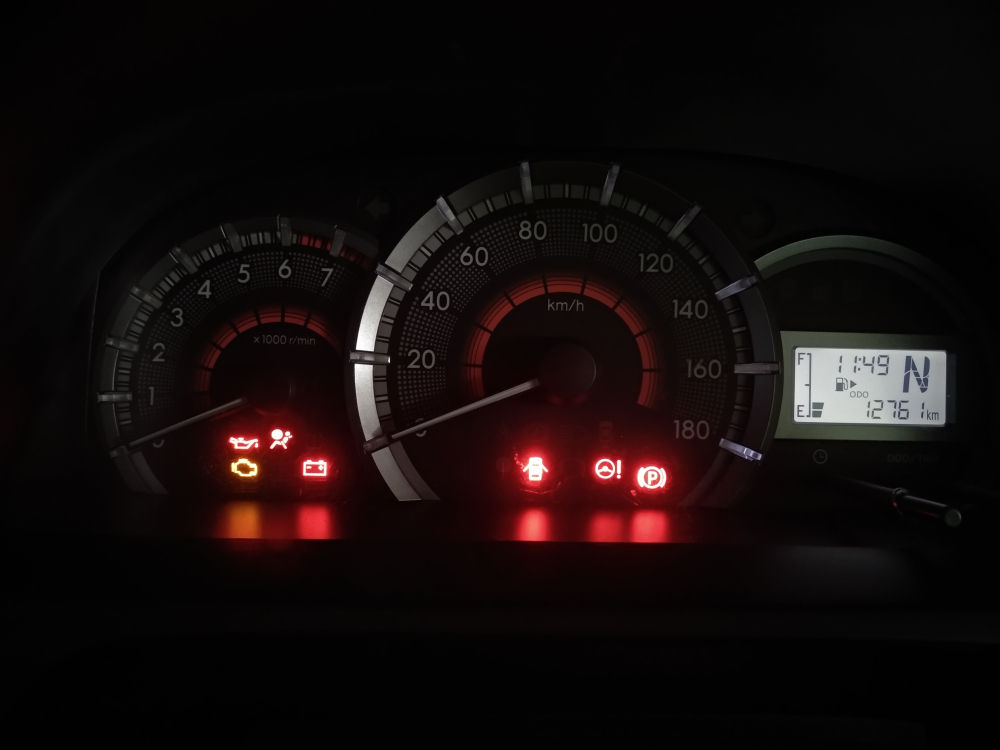
Dashboard warning lights are there for a reason – they indicate potential issues that need immediate attention. Ignoring these lights can lead to severe damage as minor problems can escalate quickly. Addressing warning lights promptly can prevent costly repairs and ensure your car remains in good working condition.
Not Keeping It Clean
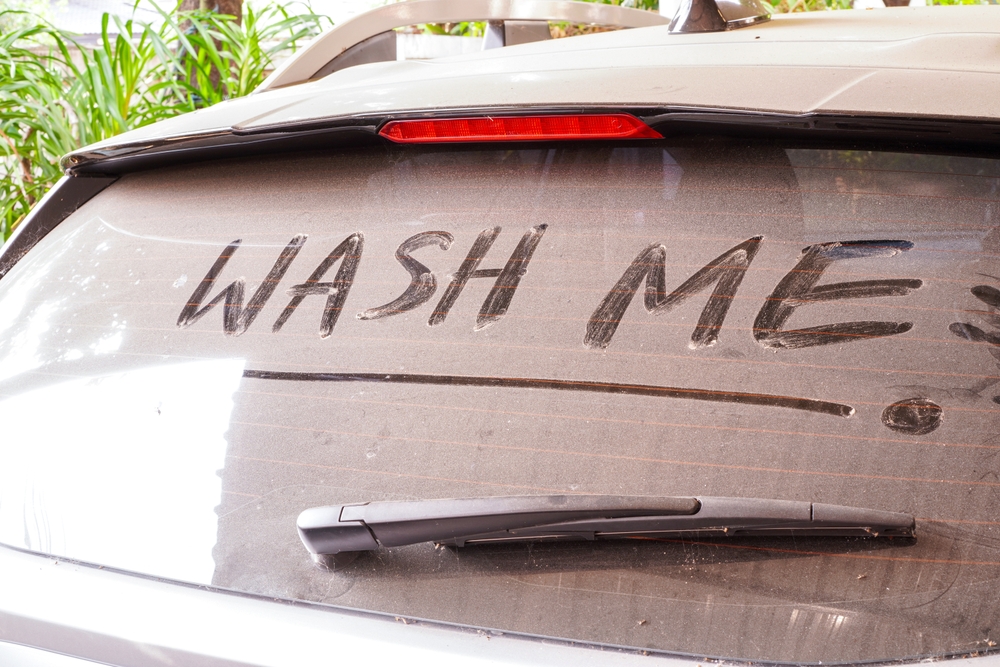
Regular washing and waxing protect your car’s paint and undercarriage from dirt, salt, and other corrosive substances. Neglecting this can lead to rust and deterioration of the body and frame. Keeping your car clean helps preserve its appearance and structural integrity, ultimately extending its lifespan.
Overloading Your Vehicle

Exceeding your car’s weight limit puts extra strain on the engine, brakes, suspension, and tires. This additional stress can lead to premature wear and potential failure of these components. Always adhere to your vehicle’s recommended weight capacity to maintain its health and performance.
Ignoring Fluid Checks
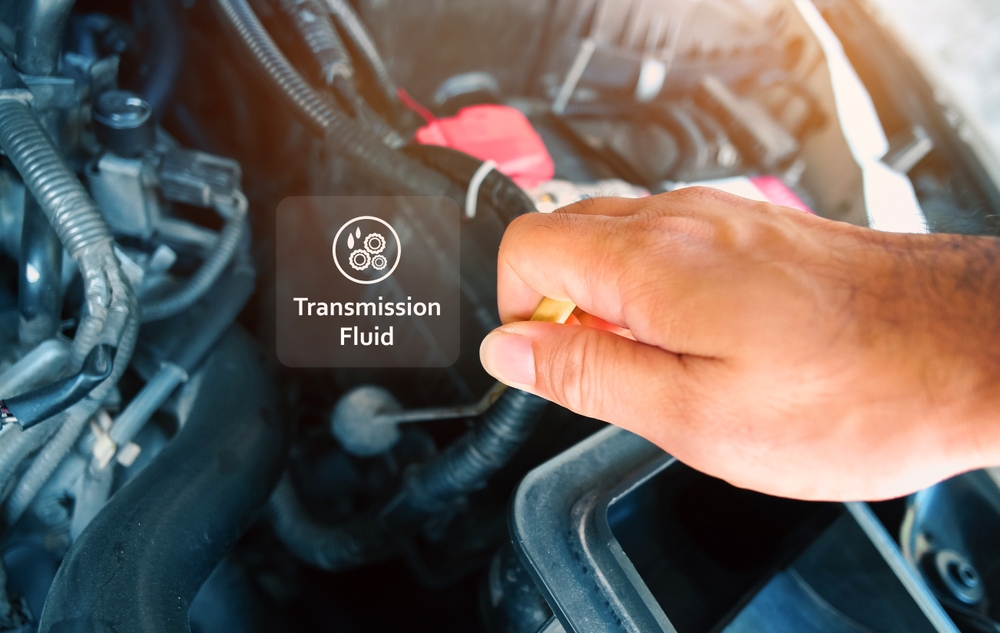
Fluids like coolant, transmission fluid, and brake fluid are essential for your car’s operation. Ignoring fluid levels and not replacing them as needed can lead to overheating, poor braking performance, and transmission problems. Regularly checking and topping off fluids helps keep your car running smoothly and prevents major mechanical issues.
Improper Storage

Parking your car in extreme temperatures or leaving it exposed to the elements can damage its exterior and interior. UV rays can fade paint and crack dashboards, while cold temperatures can affect battery performance and tire pressure. Using a garage or car cover can protect your vehicle and extend its lifespan.
Using the Wrong Parts
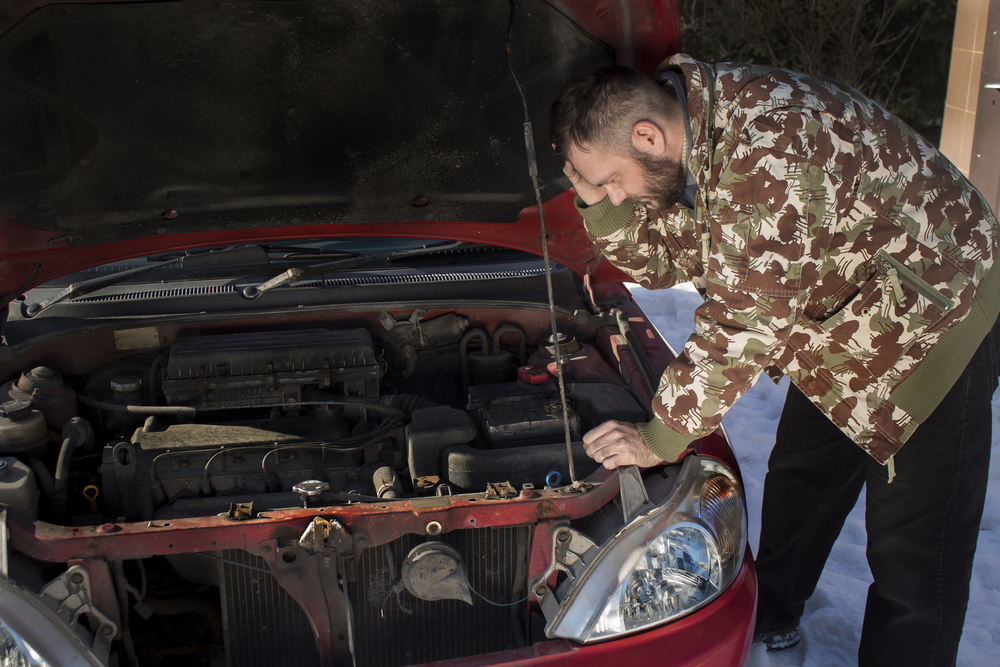
Using aftermarket parts that don’t meet the manufacturer’s specifications can compromise your vehicle’s performance and safety. These parts may not fit correctly or perform as well as original equipment manufacturer (OEM) parts. Always use recommended parts for repairs and maintenance to ensure your car’s longevity and reliability.
Neglecting Battery Care
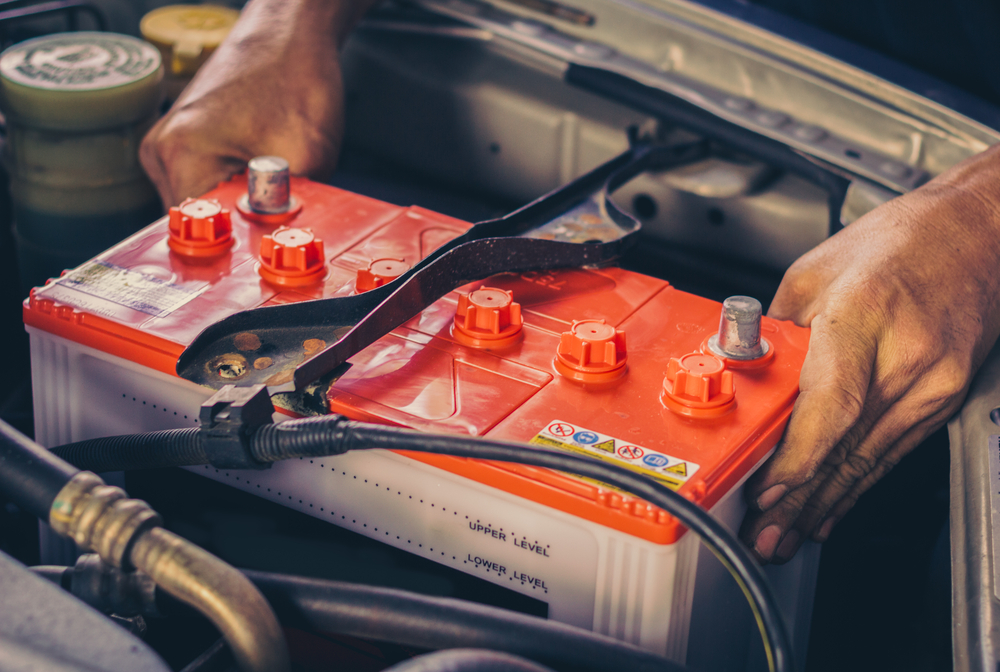
Batteries require regular inspection and maintenance to ensure they function correctly. Corroded terminals or low water levels can lead to starting issues and electrical problems. Keeping the battery clean and ensuring it’s securely fastened helps maintain its performance and extends its life.
Poor Driving Habits

Habits like riding the clutch in manual cars or shifting from reverse to drive without stopping can cause significant damage to the transmission. These practices create unnecessary stress on gears and other components. Adopting better driving habits can prevent wear and tear, ensuring a longer lifespan for your vehicle.
Ignoring Unusual Noises
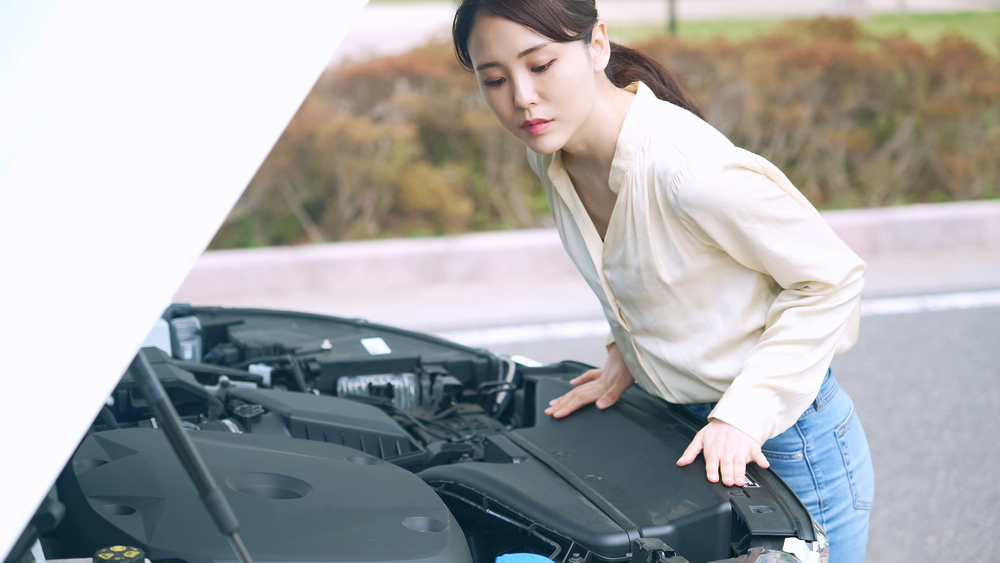
Unusual noises often indicate underlying issues that need attention. Ignoring them can lead to more severe problems and costly repairs. Addressing strange sounds promptly can help identify and fix issues early, maintaining your car’s health and performance.
Skipping Air Filter Changes
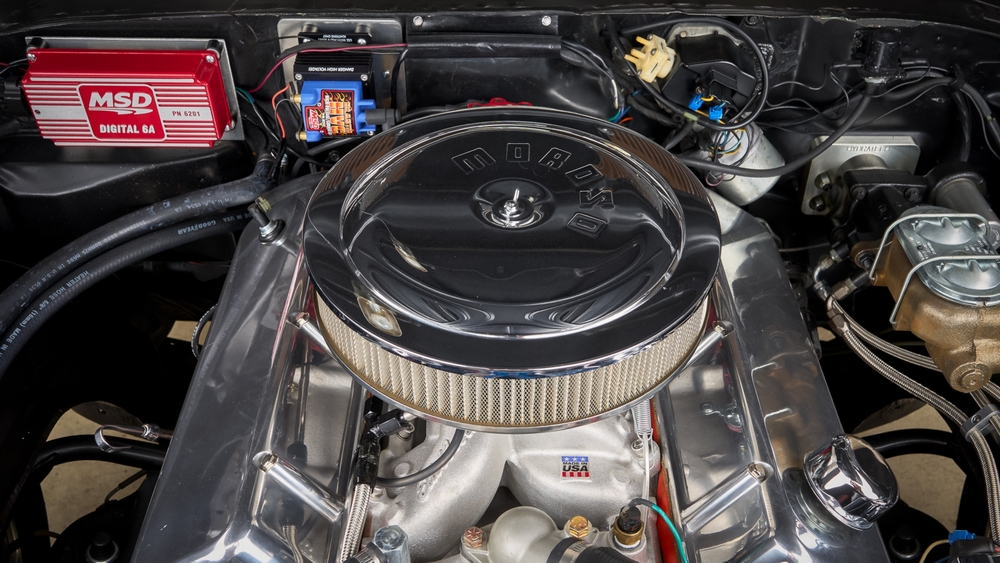
A dirty air filter restricts airflow to the engine, reducing its efficiency and increasing fuel consumption. Over time, it can also lead to engine deposits and damage. Regularly replacing the air filter ensures optimal engine performance and longevity.
Failing to Warm Up the Engine
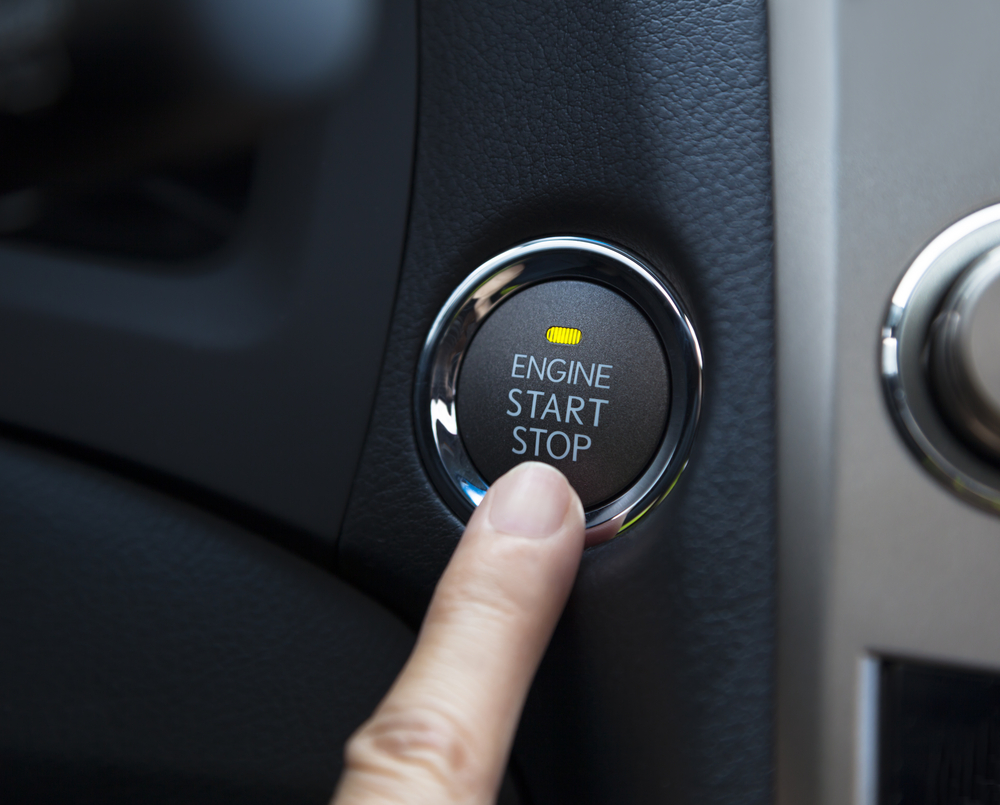
Cold starts can be harsh on your engine, especially in colder climates. Allowing your car to idle for a minute or two before driving helps ensure the oil is circulated and the engine reaches its optimal operating temperature. This simple step can reduce wear and tear, extending your car’s lifespan.
Neglecting to Replace the Timing Belt
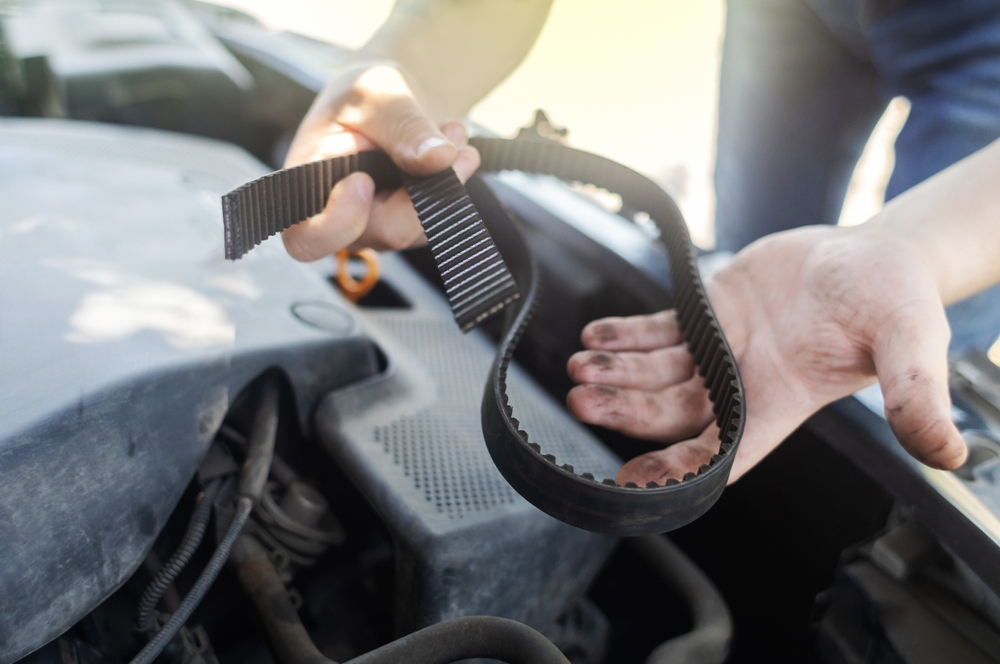
The timing belt is crucial for synchronizing the engine’s functions. Ignoring its replacement schedule can result in catastrophic engine failure if it breaks. Following the manufacturer’s recommendations for timing belt replacement can prevent costly repairs and keep your engine running smoothly.
This article originally appeared on MyCarMakesNoise.
More from MyCarMakesNoise
McLaren’s 15 Most Powerful Cars and the Engineering Behind Them

High-performance cars represent the pinnacle of automotive engineering, blending speed, power, and cutting-edge technology. This article explores 15 of the most remarkable high-performance cars, showcasing their unique engineering feats and what sets them apart. Read More.
10 Iconic Limited-Edition Aston Martin Cars You Need to Know

Aston Martin has a storied history of producing some of the most iconic and luxurious cars in the world. Among their most prized creations are the limited-edition models, which combine heritage, innovation, and exclusivity. Read More.
15 Infamous Concept Cars That Never Hit the Roads

Concept cars often represent the pinnacle of a brand’s innovation and creativity, showcasing groundbreaking designs and cutting-edge technologies that captivate automotive enthusiasts and industry experts alike. However, not all concept cars make it from the drawing board to the production line. Read More.




